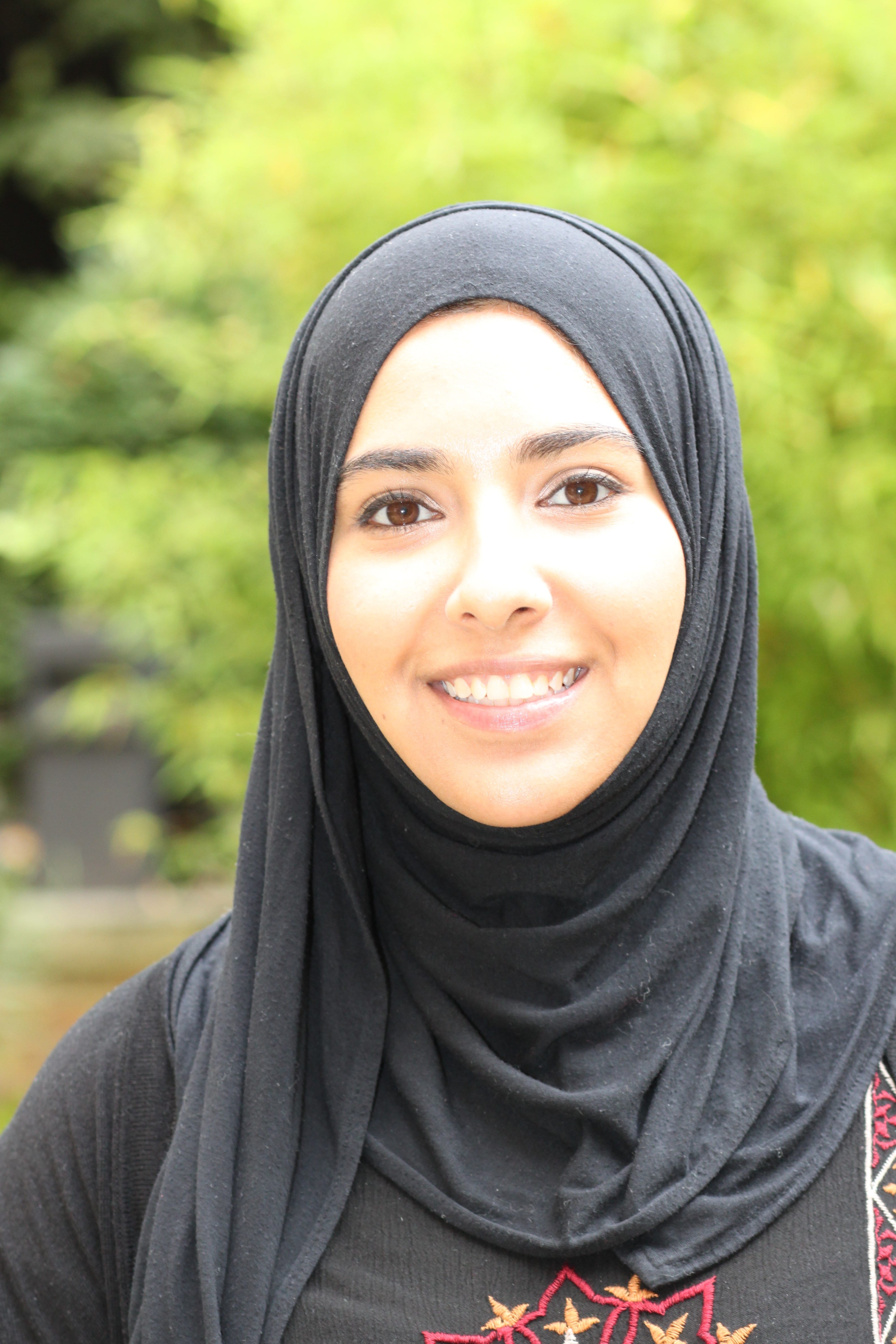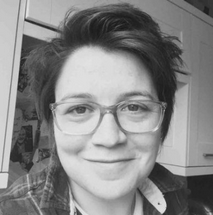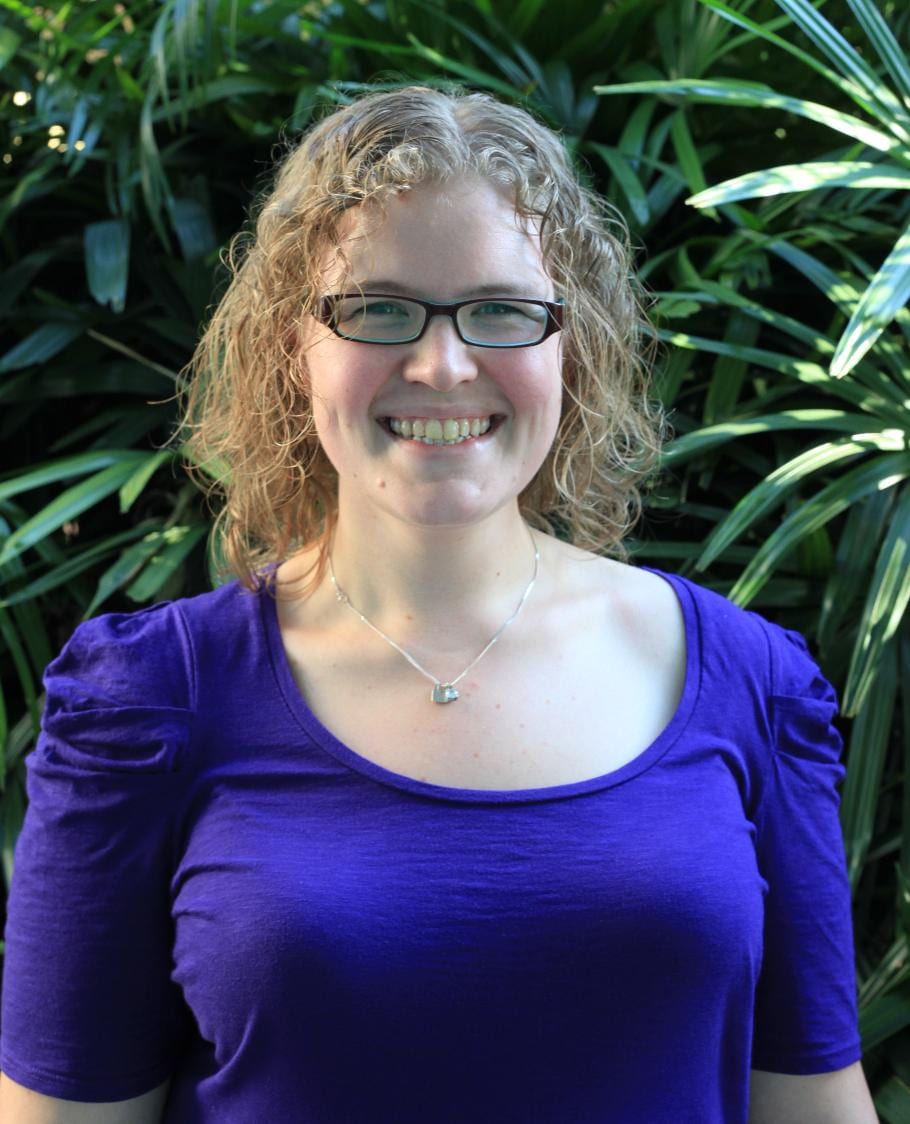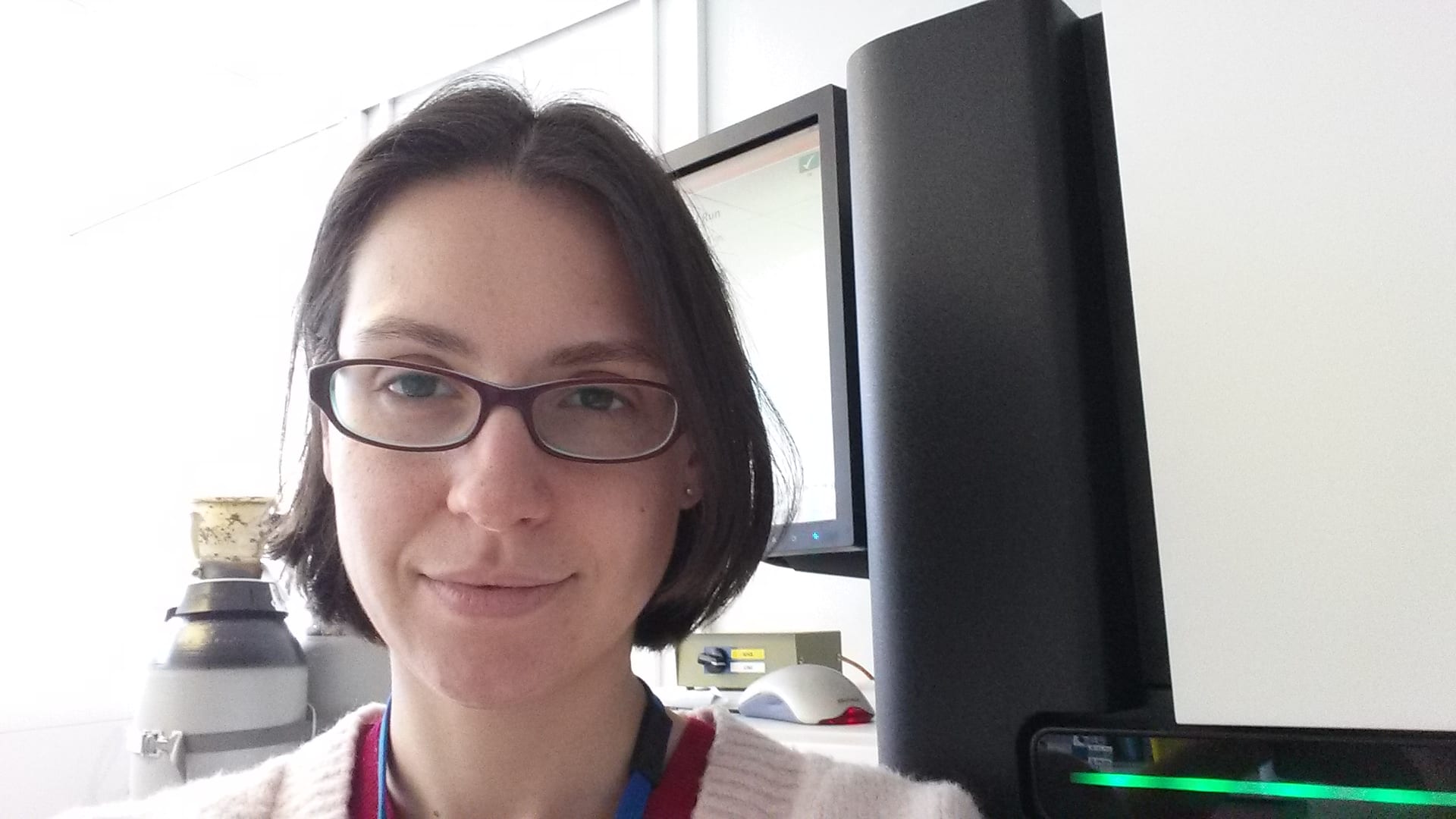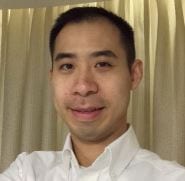A PhD working in Biotech Venture Capital
By uczjsdd, on 25 September 2018
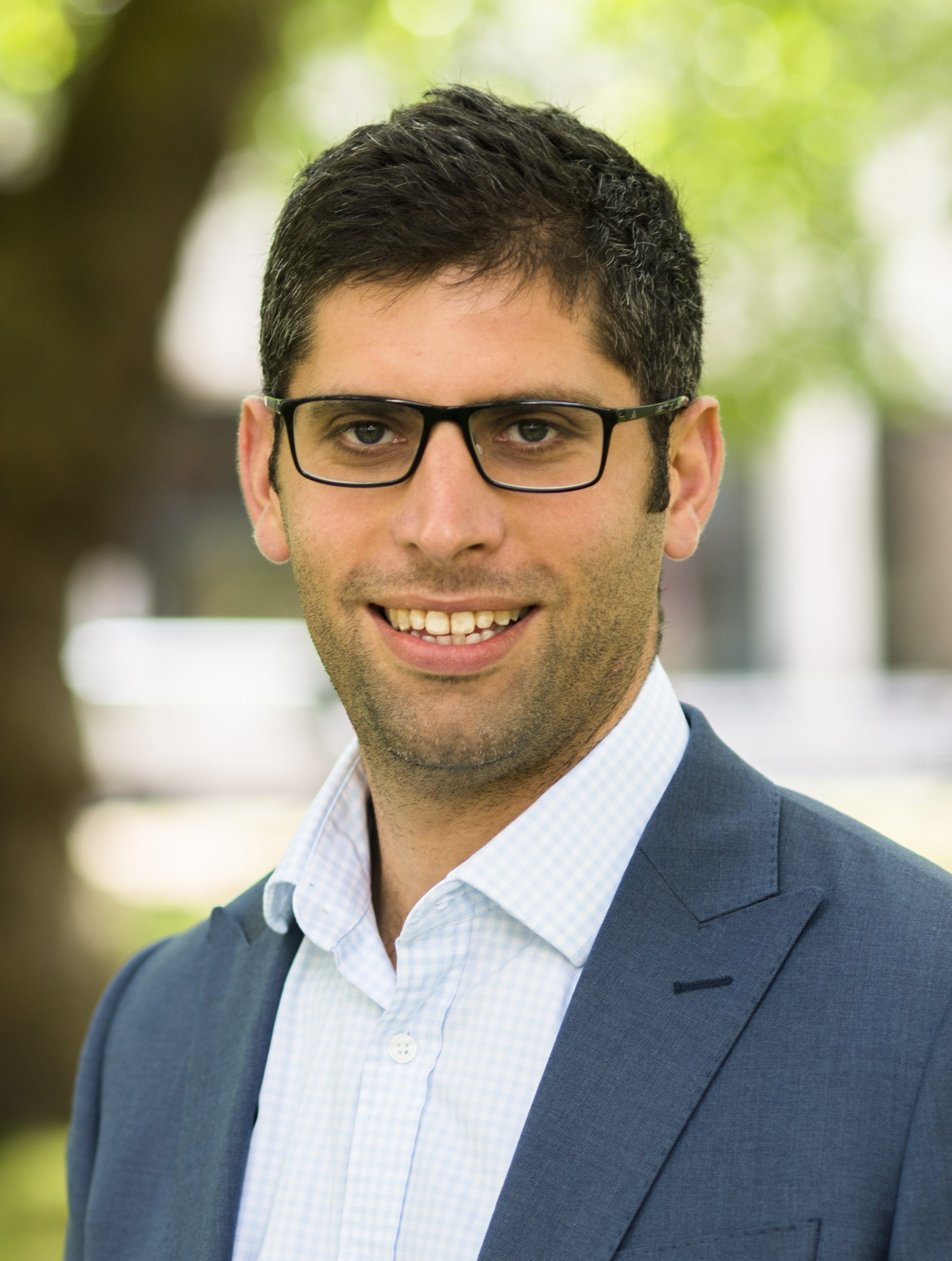 Dr Jonathan Tobin has a PhD in Molecular Medicine from UCL, and is now an Investment Director at Arix Bioscience. Here he tells us about his current role and career path.
Dr Jonathan Tobin has a PhD in Molecular Medicine from UCL, and is now an Investment Director at Arix Bioscience. Here he tells us about his current role and career path.
What are you up to now?
I’m a Biotechnology Venture Capitalist. That basically involves finding interesting and novel ideas for new drugs and therapeutics, and either building a company from scratch – finding a management team, and putting money into the company, and helping to develop the products; or finding a company that already exists, with a management team in place, and leading an investment into the company. Some of our investments are in very early pre-clinical work from academia, some are already in patients – phase II or phase III testing. We work in the UK, Europe, Israel, Australia, US, and Canada, and we have an office in London and one in New York. We’ve got about £250 million to invest with. A part of my role is helping raise capital, but that responsibility mostly falls to the CEO. Our capital comes from a variety of sources, including pharma companies, institutional investors, mutual funds, family offices, and wealth managers who manage money for clients. We’ve invested in 15 companies in the last two years, and four of those we’ve started from scratch ourselves.
How did you get here?
I’d always been interested in business, partly because my family have always been in business – they own a firm of chartered surveyors founded by grandfather in 1930. When I was growing up all the dinner table conversation was often about business, few in my family had really been to university or been academics. I was the first person to show a strong interest in science and research, but at the same time I had been imbued with a business mentality. If I hadn’t been so interested in biology I might have joined my Dad’s company, like he joined his Dad’s company in the 1960s.
Instead I did a PhD with Prof Phil Beales at the Institute of Child Health. Phil was an excellent mentor and helped me a lot. I was quite lucky that UCL were generous with training programmes for graduates. I took advantage of a lot of courses; at that time they had one at London Business School for PhDs, and there was an entrepreneurs training course called the London Entrepreneur’s Challenge. There were courses in writing and presenting and professional management skills, a residential course in Wales for a week – and it was all totally free, which was amazing. I don’t think many people really took the time out of their PhDs to do that stuff because they didn’t realise how useful it would be. I always had one eye on something beyond working in the lab, but I knew that I wanted to do science. I thought I might like to work in venture capital from when I was a graduate, but obviously I had to train first in the science before I could do that. So it was on my radar from the beginning, but it takes a while to build up the skills to do it.
After my PhD, which I finished just as the credit crunch started, I tried to get a job in the city as a pharma equity analyst. I had spoken to lots of people in the field during the second half of my PhD – people in banking and finance and consultancy, but no one was hiring in 2008 – it was impossible to get a job as everyone was being laid off because of the recession. So I did a post-doc thinking that I would continue my scientific training and I went into a much more basic scientific lab at what is now the Crick. I applied for a Henry Wellcome post-doc fellowship, and I thought if I got that and I could basically be independent from the beginning then that would be an interesting way to be a scientist. I didn’t want to work in someone else’s lab at the bench, as I was much more interested in designing experiments and thinking about the big picture, and a bit sloppy at the execution in the lab!
I didn’t get the fellowship. I think I failed largely because I was unconvincing about my motivation and passion to stay in academia. So I decided that tech-transfer would be a good stepping stone out of academia and into venture capital. I got a job at MRC Technology finding and assessing new drug discovery opportunities. They were very supportive of helping me learn. I spent a year there and it was really interesting because I learned loads of stuff; they sent me on courses about drug discovery and development, IP, licensing, negotiation, all sorts that I had never learned in science. I learned how to do due diligence in a really thorough way, and my job was doing due diligence on hundreds of biotech projects. But there were no career progression opportunities there, and I didn’t want to stay in tech transfer, so I signed up with a bunch of headhunters and got contacted about a job at Imperial Innovations who had just raised £140 million to do biotech investing – it was transitioning from being a tech-transfer office to a venture capital fund. They had decided they wanted someone with a PhD and science background, so I was lucky, I was in the right place at the right time. I spent five and a half enjoyable years working there on lots of interesting companies. And then I decided that I wanted be part of something new, where there wasn’t already a hierarchy, and I wanted to look at deals outside the UK, so I got the opportunity from a headhunter to join this new start-up, and helped build Arix Bioscience from its early days.
What does a normal working day look like for you?
I’m probably in the office about half to two thirds of my time. On a day when I’m in London I generally meet companies that are pitching, several companies a week in person or on the phone. I go to board meetings of companies I have already invested in. I’m often involved in executing deals, reading documents, and having conference calls to discuss terms of deals. There’s quite a lot of due diligence too, which involves quiet reading to research an area and figure out if it’s interesting or not, and as part of that I might talk to experts in the field to get their advice. I also manage an associate in London and one in San Francisco, and we have shareholders I often meet and present to. I’m generally travelling a few days every other week. This might be around Europe for conferences or to meet companies, I’m on the board of two companies in Israel so I travel there, we have an office in New York, so I’m in New York four times a year, and I’m on the board of a company in Boston, so I also go to Boston, once a year we go to the JP Morgan conference in San Francisco, and we have a shareholder in China that we visit as well. So quite a lot of long haul, of meeting people, and talking about their ideas.
What are the best bits?
Finding really cool projects and helping to turn them into companies is the best part. When you see really good results it’s very exciting. It’s the same sort of feeling as getting a great result in the lab. Even though I haven’t done the lab work, I have facilitated it, and I can see it will directly translate into new drugs which are helpful to people, which is quite satisfying.
Another reason a lot of people want to enter venture capital is because of the work-life balance and being in control of what you do. I work very hard and a lot, but it’s mostly on my terms. I largely come and go as I please, and I travel a lot to interesting places meeting very intelligent and interesting people, talking about fascinating things. Typically I get into the office after dropping my children off at school, and usually leave the office around 5.30pm. I do work at home a lot, and I do have to be “on duty” the whole time, so it’s a different mentality to being able to completely switch off when you’ve left the office. The work is completely proactive – I have to find work, no work just comes inbound. So if you’re not busy, you’ll be stressed about not being busy! And if you’re doing a deal you have to be on hand, for example I was on holiday last week and a deal was going on so I had to be on call the whole time. It was a bit stressful because we were camping in the New Forest and the signal was terrible. That’s the flipside for the freedom I guess, you’re always on duty.
For many people the compensation is also a draw. It’s generally well paid, and with the upside that if in the long run your companies are very successful then you can do phenomenally well. Obviously that’s an appealing feature of the role, especially if you want to live somewhere as expensive as London. But the interesting thing about this industry is that because everyone’s a scientist and a bit nerdy at heart, people tend to be more interested in the science and the excitement of developing new drugs that can help people, than the financial side which is just a very nice bonus.
What are the worst bits?
There’s a lot of pressure. In the short term there are pressures to find good deals and get them done. And in the long term, there’s a pressure to generate returns. Our business model involves raising money from shareholders and investing it in companies, then ultimately selling those companies to big pharmaceutical acquirers for a profit. Typically we’re looking for five to ten times the cash invested returned to compensate for the risk, as there’s a high failure rate. But it might take five to ten years for any given company to mature to the point you can sell it. If after ten to twelve years of being in the game you haven’t returned any money it’s like, what are you doing? It’s a bit like being in academia for twelve years and not publishing a paper – your career becomes a little limited at that point. If that happens, you might find you don’t have tonnes of transferrable skills as you’ve spent all your time being a critic rather than a chef. We’re not actually operators of businesses, I’ve never run a company myself, and I don’t necessarily have the skills to set up my own company and run it. So that’s the long term stressor in this industry I guess. And it’s fairly binary, a bit like academia, you just need one huge win to make your career. One major breakthrough is much better than having five or six tiny successes, which is fairly high risk in the long run.
The other thing that’s a bit frustrating is you’re dealing with a lot of different stakeholders; academics, tech transfer offices, pharmaceutical companies, lawyers, other investors, and there’s a lot of different motivations. Some people are motivated by money, some by the science, some by the politics, some by risk reduction, and that makes things interesting but tricky, it means you’ve got to deal with people who have very different views of the world, but you’re trying to achieve the same thing together.
Is a PhD essential for your role?
It’s not essential to have a PhD, but it improves your chances of getting in. I’ve just hired someone with a PhD in neuroscience followed by three years of consulting experience. Most people – maybe 75% – in this industry have a PhD or an MD. People who don’t have a PhD will have more operational or consulting experience.
My years in research have helped me in the role. I spend a lot of time looking at companies’ data and trying to interpret if the results are interesting and kosher, and I think I’m actually probably a better scientist now than I was because when you’re doing experiments that could lead to a drug, you have be super rigorous about controls and reproduction and having experiments done in a blinded way in multiple labs and under multiple conditions again and again and again. In academia you would never do that, because as soon as you see a result you move onto the next experiment and you don’t really, personally at least, question validity (though you’d hope eventually the community would produce enough repetitions to check validity, but that could be over a long period of time). In one of my companies we’ve spent a year and about $4 million repeating two experiments hundreds of times in five different labs in different conditions because we want to be 100% sure that the findings are legitimate. There just isn’t the money, the personpower, or the necessity to do that in academia. If you’re going to put something into humans though you have to be pretty careful. Also these projects are very expensive, so you want to make sure you’re spending your money wisely.
What’s the progression like?
Venture capital in Europe is a tiny tiny pool. There’s probably fewer than 20 high quality firms, and each might employ five or six investment professionals. There’s also low turnover because of the duration of the projects and the way the incentive structure works, as you get rewarded once your companies do well. So the further you are into your career the more upside there is.
Generally people start off as an Analyst or an Associate which is somebody who basically does due diligence, so they do a lot of reading and talking to experts, and they also go to conferences and start to source opportunities. Then next level up is a Principal who might have three or four years of experience and is starting to learn how to lead deals, but is not fully independent. And then there’s Partner or Investment Director who basically does the transactions, takes responsibility for the deals, is part of the investment committee that makes the decisions and ultimately has the responsibility for that investment, taking the credit or punishment for the success or failure. Then the highest level will be the Managing Partner who has started the fund and is more responsible for raising the capital. They would typically be a very experienced individual with a track record of success.
What tips would you pass on to researchers wanting to get into this area?
Enrol in as many courses as possible; business courses, biotech courses, go to events and get to know people. Do a lot of reading about the other elements of the job – intellectual property, finance, company law, entrepreneurship, management. There’s a lot of things you have to know about, not at an expert level, but enough to have a conversation with an expert. It also demonstrates a commitment to and interest in the area. There are lots of podcasts you can listen to about the subject matter. Also start to network, because generally people hire through their networks; the person I just hired was a recommendation from someone else who had met them. So start as early as possible to put out feelers and ask people – most people are happy to have coffee for 20 minutes and share some advice or ideas. And also if you can find a mentor early on in your career that’s quite helpful. Someone who cares about and takes an interest in your journey and can help you if they hear about openings or opportunities. Because otherwise if you’re stuck in the lab and you’re a bit insulated from the rest of the world, where are you going to find out about these things? And how are you going to demonstrate an interest and passion for the area? You may also have to play a long game. It’s possible that straight out of research, if you’ve been on courses and networked, you might get a job in venture capital at the most junior level. But more likely you will need a couple of years of non-academic experience first, maybe in consultancy for instance, where you have learned the rigour of doing work for somebody else, and have learned the macro picture of the industry, not just how to load a gel.
 Close
Close


 Dr Roumteen Keshe has a PhD in Biochemical Engineering and Bioprocess Leadership from UCL, and is now a Consultant at Kinapse, an advisory and operational services provider to the global Life Sciences industry. Roumteen contributed to our 2018 Life and Health Science Biology and Business careers panel, and kindly agreed to help out those of you couldn’t make it to the panel by telling us about his career journey for our blog.
Dr Roumteen Keshe has a PhD in Biochemical Engineering and Bioprocess Leadership from UCL, and is now a Consultant at Kinapse, an advisory and operational services provider to the global Life Sciences industry. Roumteen contributed to our 2018 Life and Health Science Biology and Business careers panel, and kindly agreed to help out those of you couldn’t make it to the panel by telling us about his career journey for our blog.


